In a bold keynote that kicked off Dell Technologies World 2025, Chairman and CEO Michael Dell laid out a powerful vision for a world driven by decentralised AI, high-efficiency infrastructure, and ubiquitous intelligence. Speaking to a packed room of technologists, business leaders, and partners, Dell asserted that the industry stands on the brink of a generational shift—one that will redefine the future of work, innovation, and value creation.
Standing at “Dell Technologies Way,” a symbolic crossroads of innovation, Dell declared: “You know, at Dell, we love data. AI is the future of data, business, and our lives.”
“Data is at the centre of everything—everywhere, all the time,” Dell said. “Soon, over 75 percent of enterprise data will be created and processed at the edge. And AI will follow the data, not the other way around.”
A key message from the keynote was that AI is now being implemented directly at the edge, in environments where data is created—such as industrial sites, retail locations, and medical facilities.
AI at the edge: The new frontier
“The future of AI is decentralised, low latency, and hyper-efficient,” Dell said. “That’s why Dell is pioneering the edge AI revolution—bringing real-time intelligence wherever the data lives.”
This represents Dell Technologies’ forward-looking view of how intelligence is delivered, embedded, and operationalised at scale—a perspective supported by real-world implementations.
He showcased one such example: the Colossus supercomputer, developed by xAI—a massive AI training system powered by 110,000 GPUs, electrically and liquid-cooled, and supported by 240 megawatts of energy. “The system comprises 27,500 GPU nodes, 2,800 racks, 6,000 network switches, and 27,000 miles of network cable—enough to circle the Earth,” Dell noted. “From a blank sheet of paper to full operational capacity in weeks—this is high-density, high-efficiency infrastructure, built to scale.”
But Dell was also quick to remind the audience that such colossal systems aren’t a prerequisite for AI transformation: “You don’t need your own Colossus—but you do need AI. And we’re taking all the learnings from these massive systems to make AI easy for you.”
Scaling innovation: How leading enterprises are using AI with Dell
To demonstrate how this vision is already playing out across industries, Dell welcomed partners to the stage—showcasing how organisations are using AI to drive large-scale transformation.
One example came from JPMorgan Chase, where Larry Feinsmith, Head of Global Technology Strategy, Innovation & Partnerships, detailed how the financial giant is investing in AI and hybrid infrastructure to support its global operations. The partnership between Dell and the banking giant spans nearly three decades.
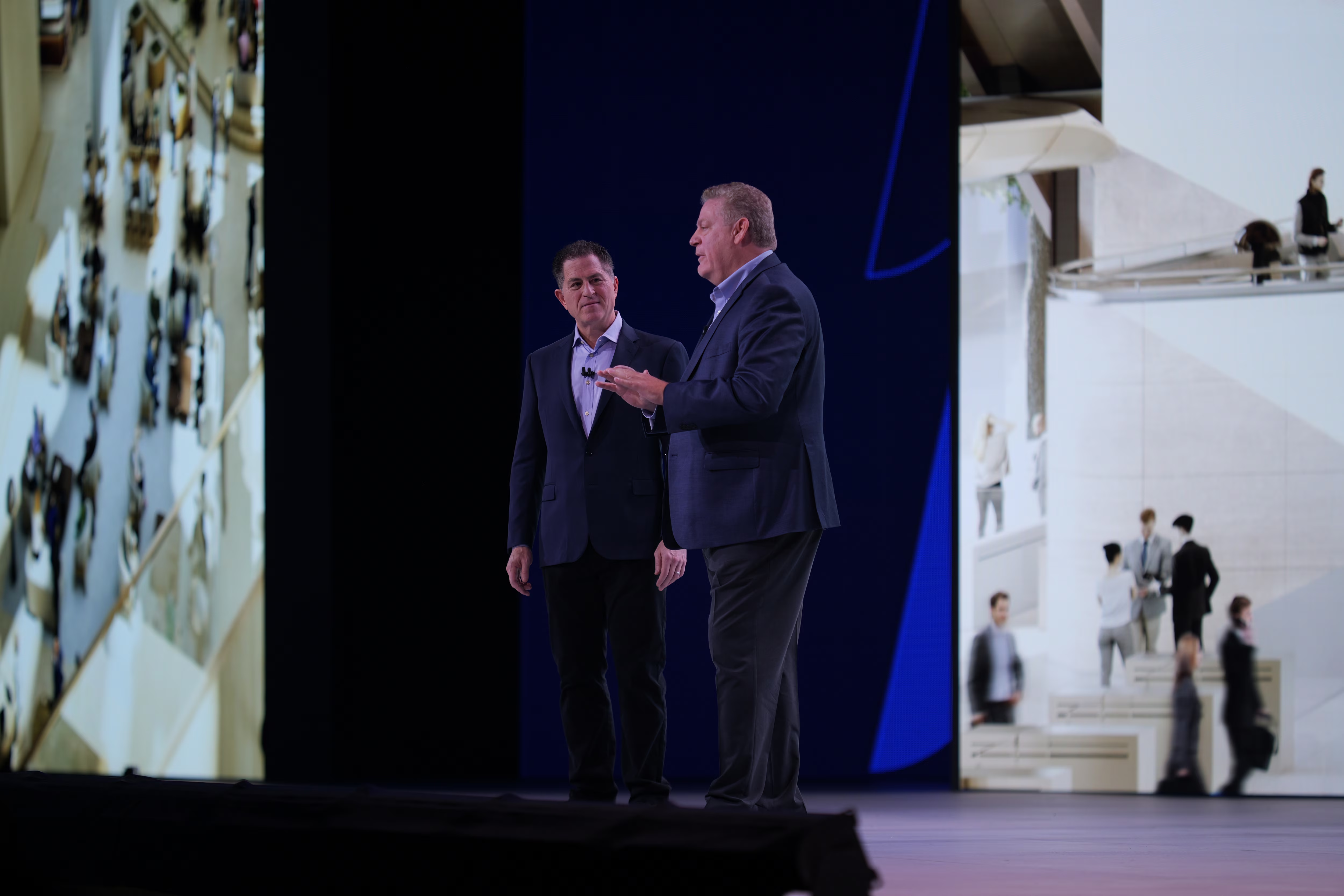
“At JPMorgan Chase, we operate across more than 100 markets with over 300,000 employees,” Feinsmith shared. “This year, we’re investing $18 billion in technology. We firmly believe that technology is not just an enabler—it’s a differentiator and the heartbeat of everything we do.”
JPMorgan’s hybrid cloud strategy leans heavily on Dell’s infrastructure. “We use your next-gen compute platforms, software-defined storage, and have built a substantial GPU footprint,” Feinsmith said.
The bank has also launched a proprietary generative AI platform, LLM Suite, to more than 200,000 employees. “We believe this is the largest enterprise rollout of a generative AI application,” Feinsmith noted. The system supports summarisation, question-answering, content generation, and software development.
But the vision doesn’t stop at productivity. “The next frontier is agentic AI—reasoning models that think, plan, and execute complex business processes end-to-end,” Feinsmith said. “That future brings a massive compute burden—and tremendous opportunity for Dell.”
Dell turned to retail—highlighting hardware store Lowe’s as an example of how AI is being integrated across day-to-day operations at scale. Seemantini Godbole, CTO of the company, took the stage to reflect on a seven-year digital reinvention.
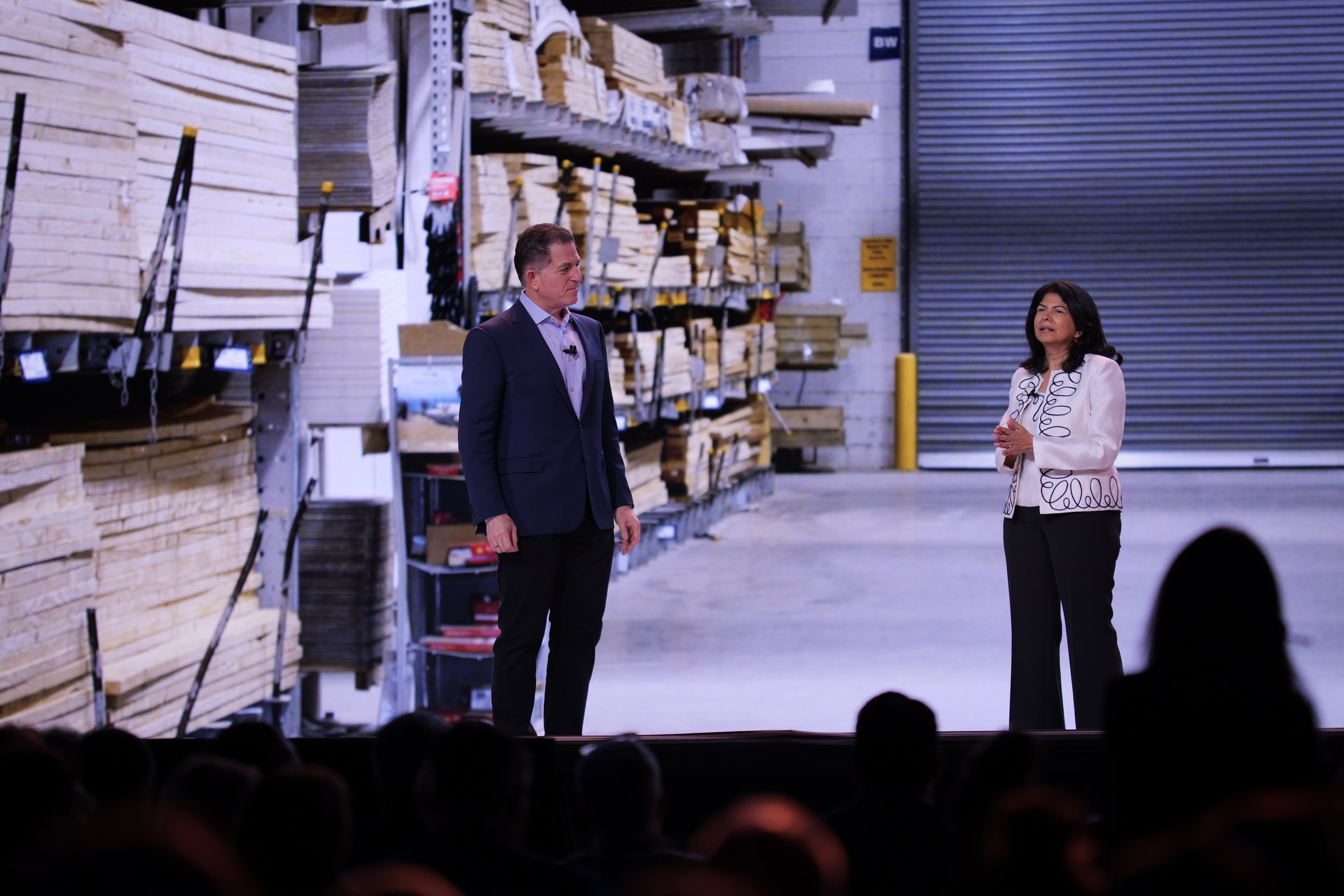
“When I joined… our website crashed on Black Friday in 2018,” she recalled. “Today, we’ve deployed AI to more than 300,000 associates across over 1,700 stores.”
At the heart of Lowe’s store infrastructure are Dell PowerEdge servers with NVIDIA L4 GPUs running real-time inferencing at the edge. “These setups started small but quickly evolved—low latency, high performance, real-time decision-making right on-site.”
Lowe’s has also introduced a GenAI assistant dubbed “ChatGPT for Home Improvement,” enabling any associate to confidently answer customer questions—regardless of domain expertise. “Our goal is to make every associate a ‘super associate,’” Godbole said.
Speaking after Lee’s remarks, Michael Dell addressed a common concern around AI’s impact on the workforce. “AI is not here to replace employees,” he said. “It’s here to empower them.”
He continued: “AI is a collaborator that frees your teams to do what they do best—to innovate, to imagine and to solve the world’s toughest problems. And Dell is the infrastructure, the backbone enabling enterprises to think faster, to act smarter and to dream bigger.”
“Lowe’s is a perfect example of a company reimagining itself for the AI era,” he added.
The AI PC revolution
Michael Dell also emphasised the rise of AI-powered PCs. With 1.5 billion aging devices in circulation and the end of Windows 10 support approaching, Dell is positioning itself at the forefront of the next PC refresh cycle.
“Today’s PCs are becoming AI workstations—blaeing fast, power-efficient, and with all-day battery life,” Dell said. “Powered by NPUs and GPUs, they are transforming the productivity experience.”
He introduced Dell Covax with NVIDIA H100, offering 20 petaflops of performance and 800 GB of memory—“enough to run and train models with one trillion parameters, right at your desk.”
This is part of a broader shift in computing: “AI is moving from the cloud to the edge, delivering real-time intelligence across every device and location.”
Scaling with simplicity and security
Dell reaffirmed that every layer of the company’s architecture is built with simplicity, security, and scalability in mind.
“Our disaggregated infrastructure combines the flexibility of three-tier architectures with the simplicity of hyperconverged systems—built to run any workload, anywhere,” he said. “And with Dell APEX, you get the technology you need, how and when you need it.”
Security remains a foundational layer, with solutions like PowerProtect offering cyber resiliency and rapid recovery. Storage platforms such as PowerStore, PowerScale, and PowerFlex support diverse workloads across AI, analytics, and traditional applications.
Dell Technologies is expanding its AI ecosystem with partners such as Microsoft, Red Hat, Meta (LLaMA Stack), Hugging Face, Cohere, Mistral, ServiceNow, Google (Gemini on-prem) and more.
“Our mission is to make AI accessible for everyone,” Dell said. “And with this ecosystem, we’re doing just that—enabling enterprises to act smarter, think faster, and dream bigger.”

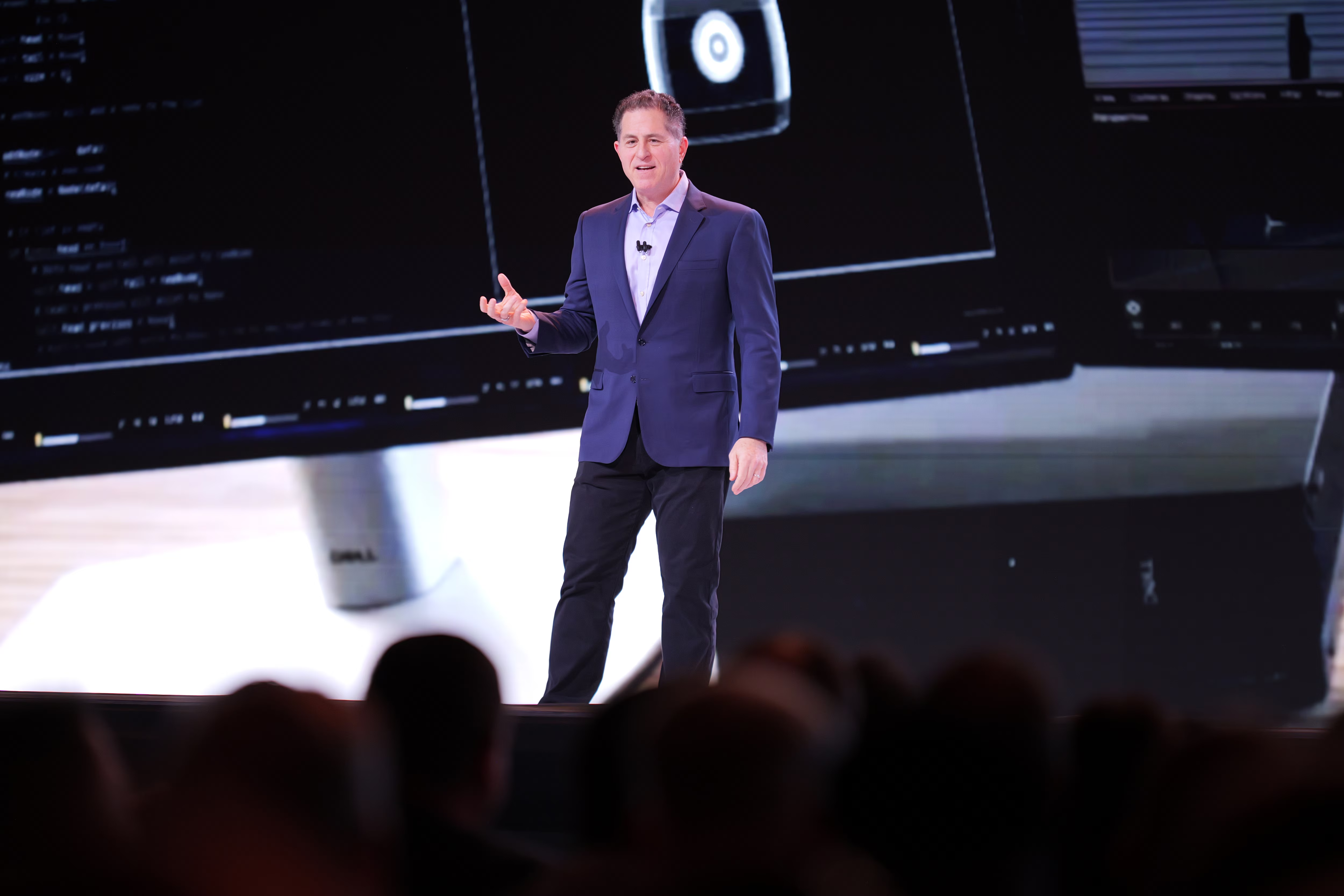
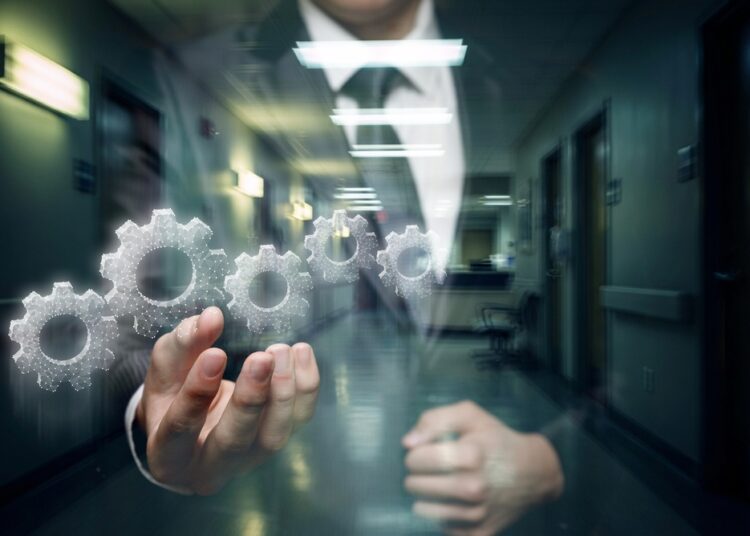
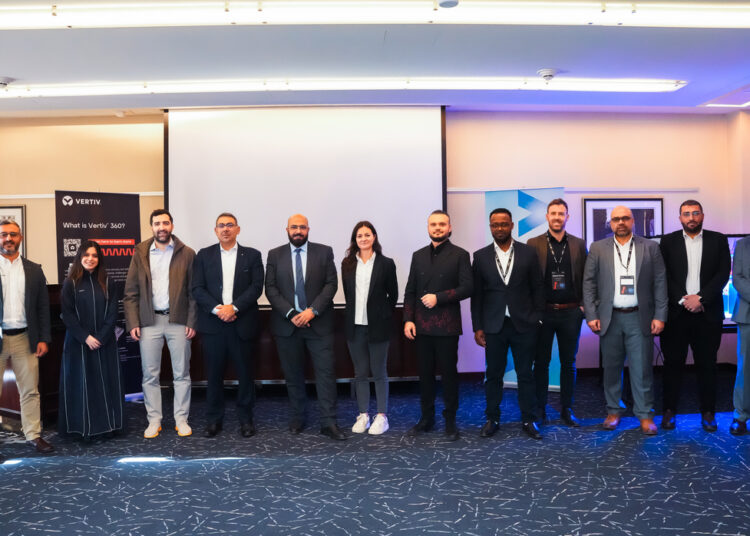
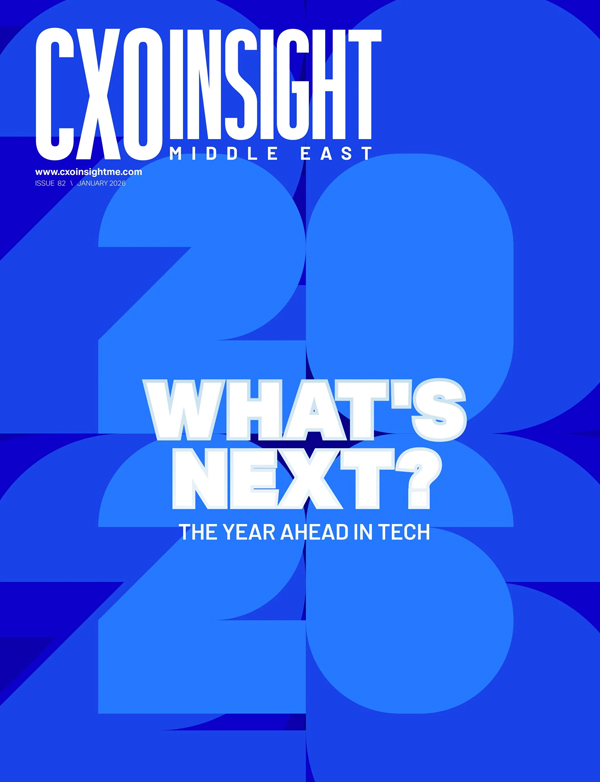





Discussion about this post